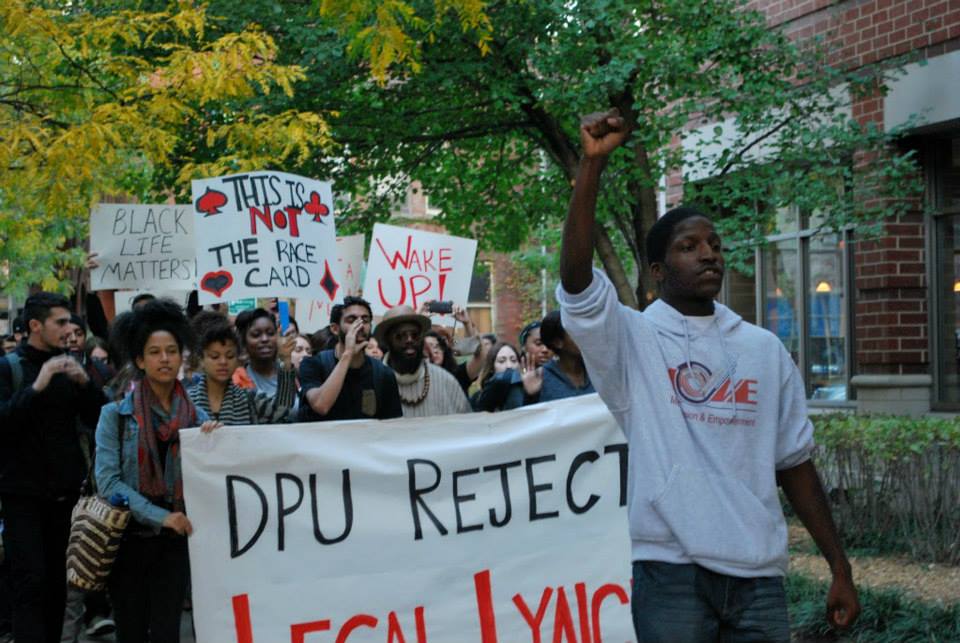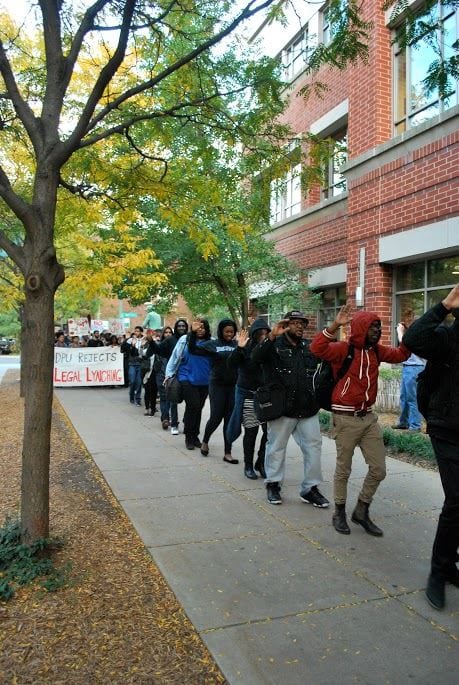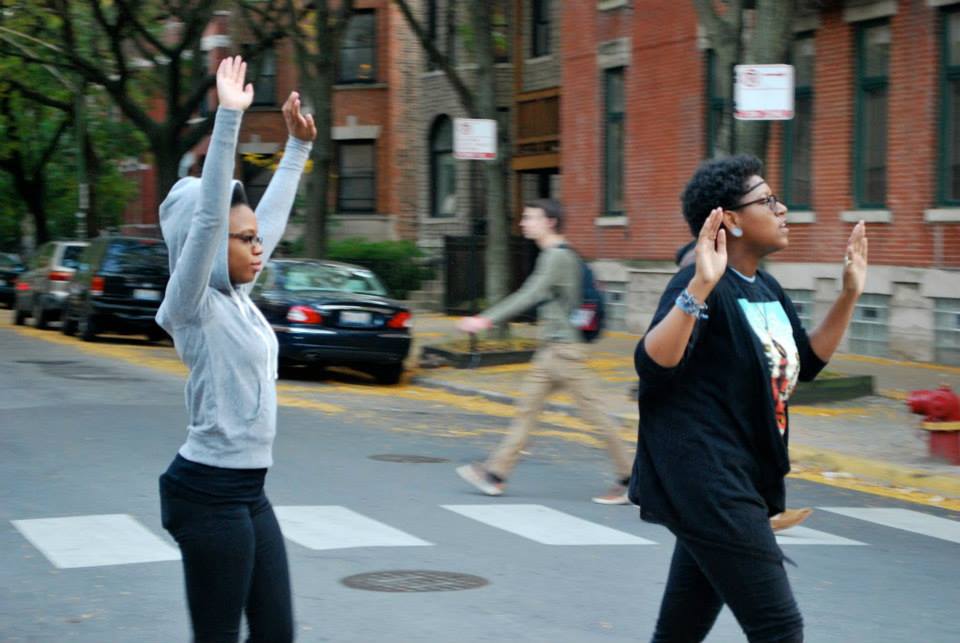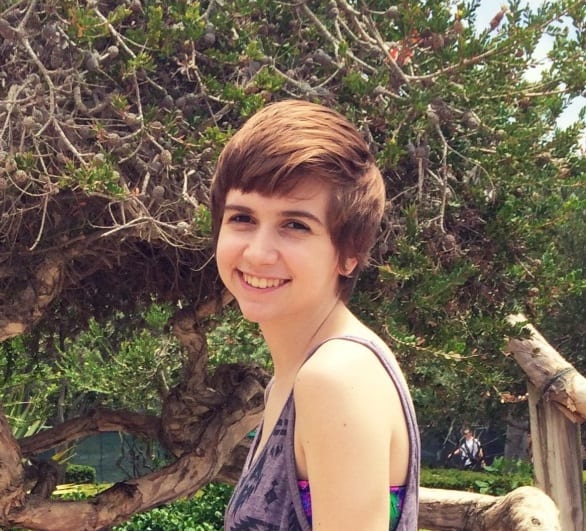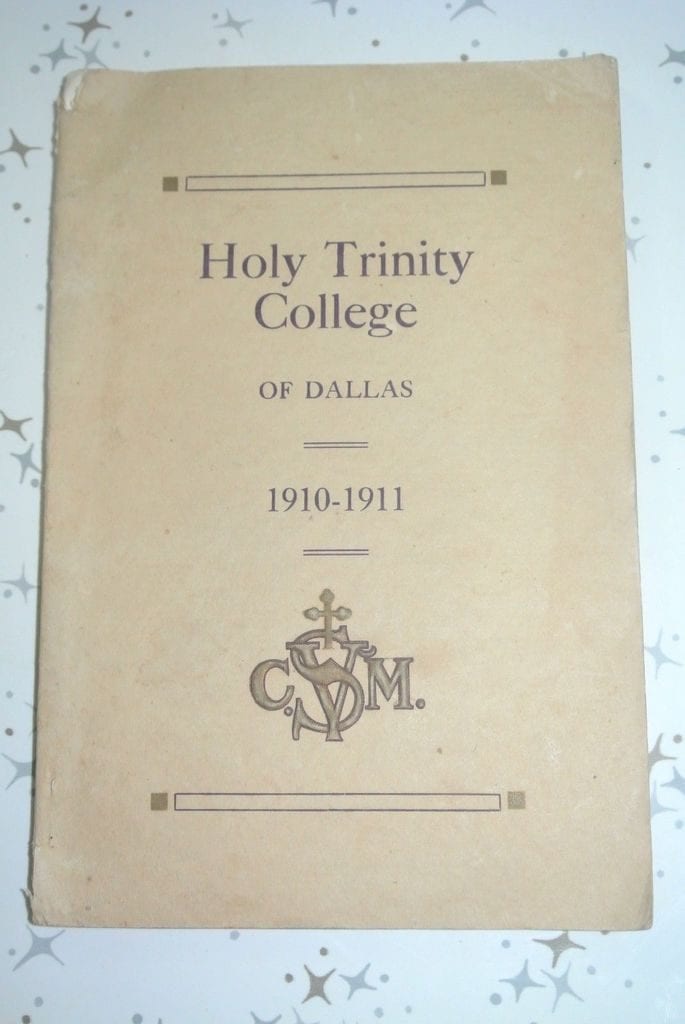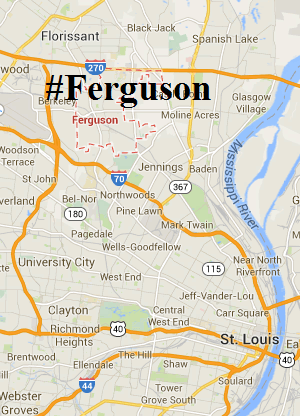In the wake of the recent grand jury decision in Ferguson and prior to the Eric Garner verdict, we asked some DePaul UMIN student leaders to share their views. Sankofa Coordinator and MOVE President Edward Ward shares his perspective in the following piece. We invite you to join the conversation.
Power Concedes Nothing Without Demand
I can’t help but feel concern and disappointment at the backlash the protesters and looters are receiving in Ferguson. I often hear people say that those who feel oppressed should peacefully protest. The truth is that if the oppressed adhere to the notion of peaceful protest, they are well on their way to being further oppressed. To peacefully protest would be to protest under the terms and conditions of the oppressor. Before the verdict, those in Ferguson marched around the town parroting recitations of the phrase “No Justice, No Peace” The verdict reached by the grand jury proved that justice would not prevail, thus leaving those in the town of Ferguson to deny its residents peace. They’ve sent shockwaves across the nation. Although looting occurred in the town of Ferguson I didn’t think they were breaking the law. The law was created to uphold the will of the people, however, when you look at cases like Michael Brown, Trayvon Martin, Oscar Grant, Eric Garner and many more, you find that instead of the law upholding the will of the people it has killed the people, therefore making the law itself illegal; leading me to believe that the law has been broken from the very beginning. And you cannot break what was broken from the time of its establishment.
Injustice was sewed into the fabric of America, and those who wear the garments of American liberty wear the garments of injustice. The people of Ferguson have planted the seed of a new revolution. We need reform now more than ever. Many ignore issues of Police brutality against black men by stating “Blacks kill each other every day.” However, they forget that Blacks were systematically divided so that countries of European decent could conquer. Black on Black crime is a result of perpetuated racism. Many don’t understand why the looters looted stores and franchises; the reality is that they’ve fallen victim to corporations like those they’ve destroyed.
“For Private business, prison labor is like a pot of gold. No strikes. No union organizing. No health benefits, unemployment insurance, or workers’ compensation to pay. No language barriers, as in foreign countries. New leviathan prisons are being built on thousands of eerie acres of factories inside the walls. Prisoners do data entry for Chevron, make telephone reservations for TWA, raise hogs, shovel manure, and make circuit boards, limousines, waterbeds, and lingerie for Victoria’s Secret, all at a fraction of the cost of ‘free labor’”(From the book “Are Prisons Obsolete” by Angela Y. Davis, 2003).
Not only was and is police brutality an issue, the very presence of the prison industrial complex says that those in prison are new day slaves. Currently millions of Black men are in prison, and it’s because the system in which we live under profits off of the criminalization of Black Men. Before black men can be criminalized they have to first be dehumanized and demonized so that when they are jailed and/or killed it is justified. The reason Ferguson has proved to be the example which many others need to follow is because they’ve gotten the attention of their oppressors. They understood the one thing it took to get their voices heard; they simply interrupted the status quo.
Edward Ward is a DePaul Senior majoring in Political Science




